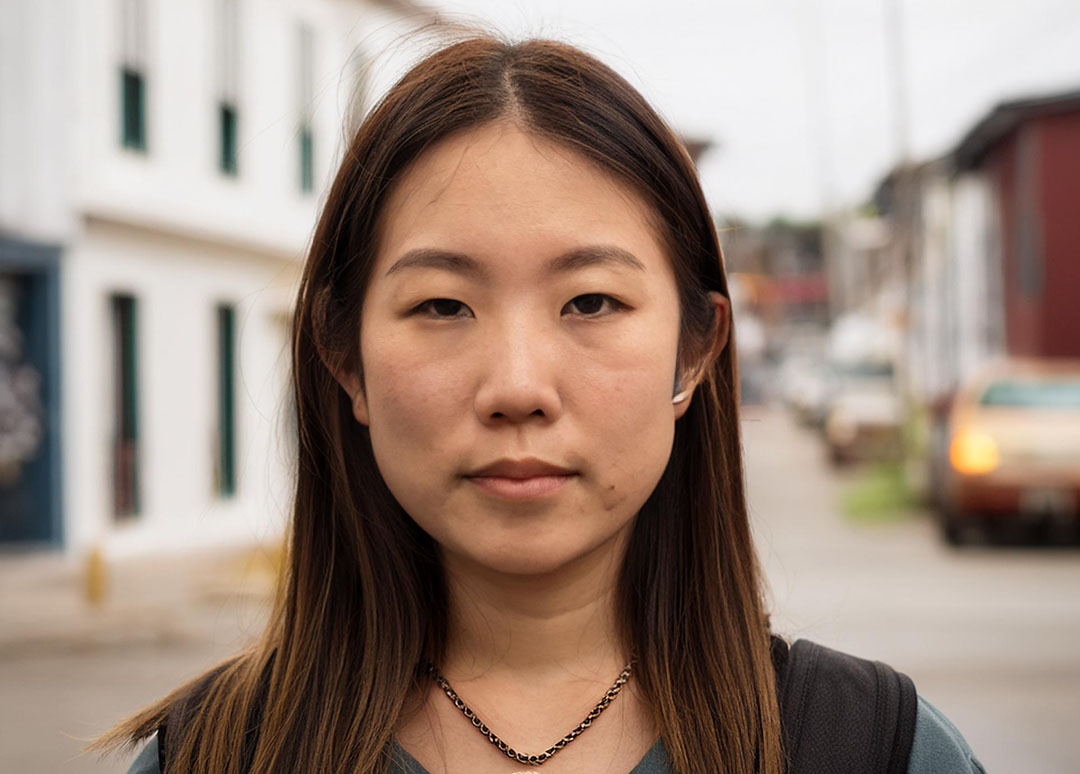What is civil legal aid?
Everyone should have the power to safeguard their legal rights and liberties. Everyone should be able to access to fair solutions to life-altering legal problems.
But in our complex system, people who can't afford an attorney are often shut out of justice. This threatens their safety, income, and independence.

“Heather,” from Northwestern Wisconsin, was “in hell." She had depleted her savings in years of court battles against her kids' father and felt "humiliated in court ... uncomfortable and unheard." Then Indianhead Community Action Agency took her case. Finally, she drew a “calm breath of relief.... I wasn’t alone anymore. That was all I needed.”
Did you know there is no guarantee of an attorney in most matters of civil law — nearly everything besides being accused of a criminal violation? It's harder for people without legal assistance to escape domestic violence, correct wrongful denial of health coverage, or surmount technicalities (like those caused by long-ago misdemeanors) that keep them from working.
Ultimately, this has an economic impact on the whole community.
In addition, there is an impact on the judicial system. Our legal system is highly technical. When people "go it alone" without attorneys, their cases move slowly and create court backlogs. Judges also have a harder time getting the information they need to make a decision everyone feels confident about.
WisTAF exists to address these issues.

Staff listing | service@wistaf.org
203 S. Paterson St., Ste. 200
Madison, WI 53703
608-257-6845 or 877-749-5045 (toll-free)
Disclaimer of liability | Terms & conditions of use
| Privacy statement | Financial institution login
Web services by FotoPlant llc.